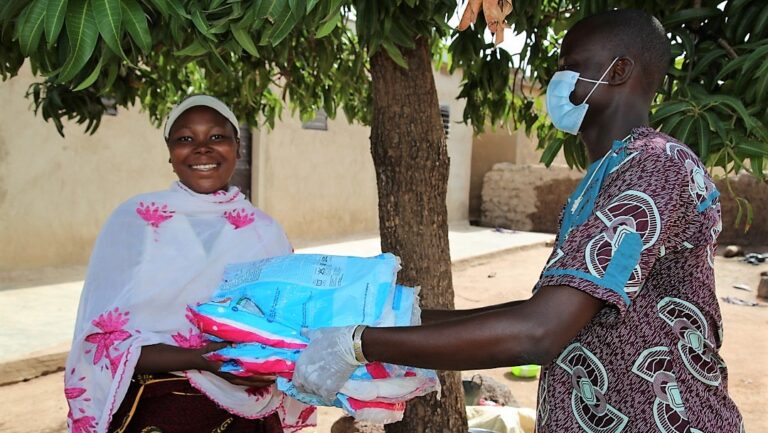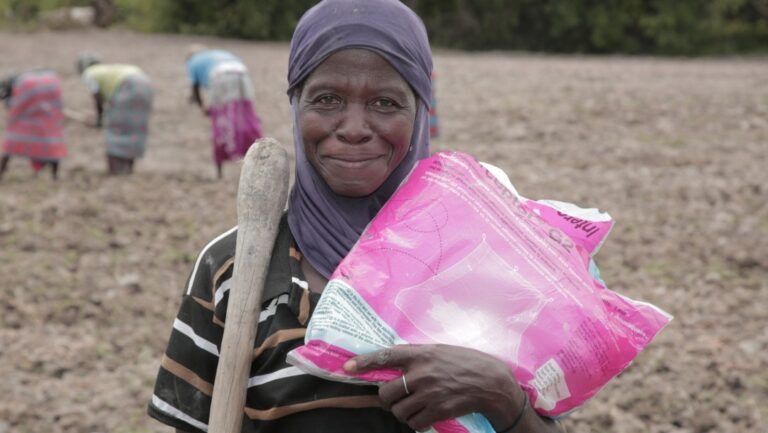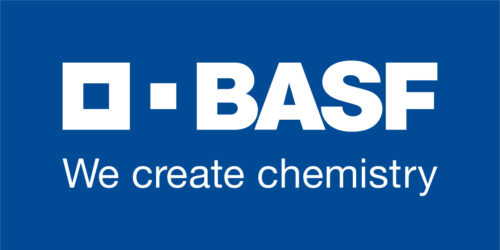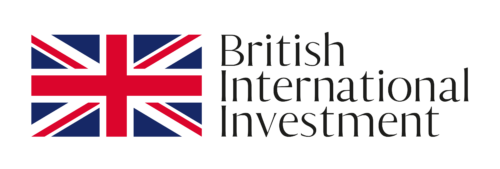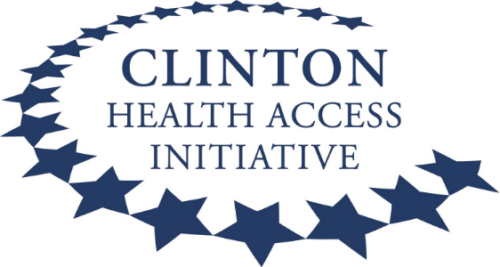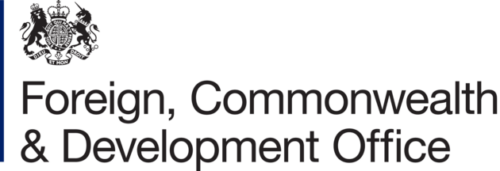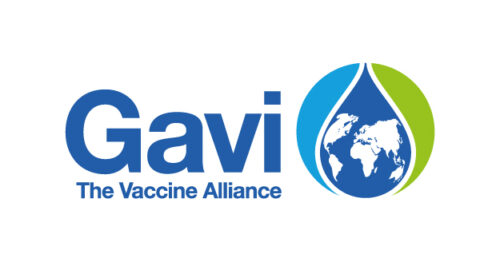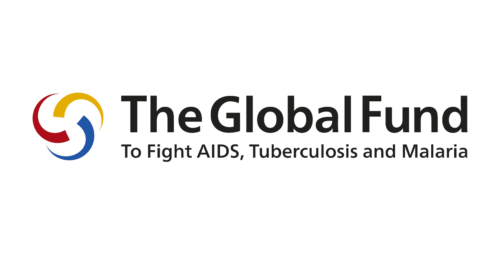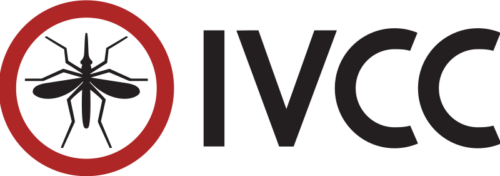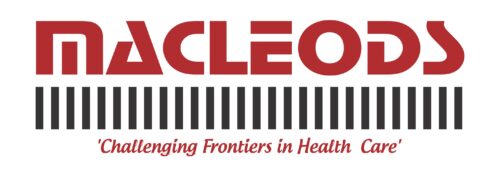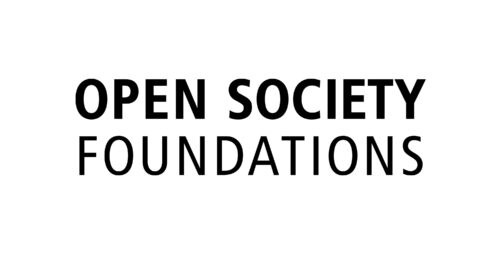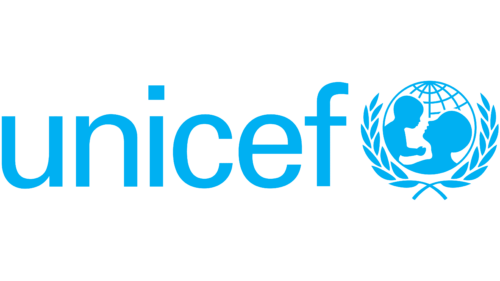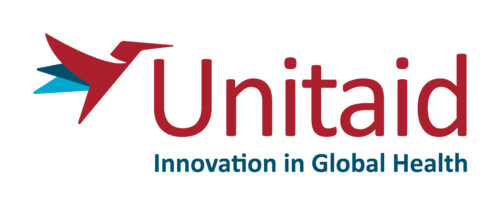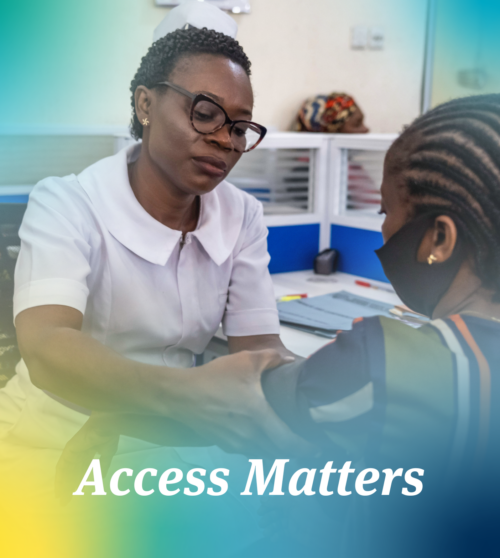Next-generation mosquito net found to be highly effective in second key study
by MedAccess
26 January 2023 | News
A second study in Africa has shown a dual insecticide mosquito net to be highly effective at combatting malaria. The results from Benin, published in The Lancet, provide further evidence to support a potential World Health Organization (WHO) recommendation for wide use of the next-generation nets.
The study found that Interceptor® G2 nets, which contain chlorfenapyr and pyrethroid, reduced malaria incidence among children aged between six months and 10 years by 46% compared to standard pyrethroid-only nets. The children all lived in communities with high levels of mosquito resistance to the insecticide in standard nets.
In December 2022, MedAccess and BASF announced that more than 35 million Interceptor® G2 nets had been shipped to Africa under the terms of a volume guarantee provided by MedAccess and the Bill & Melinda Gates Foundation. The guarantee secured a 40% price reduction for the nets, which enabled the New Nets Project and the President’s Malaria Initiative to accelerate procurement and access.
“These exciting results add to the growing body of evidence that Interceptor® G2 mosquito nets can save more lives in areas where mosquito resistance is increasing,” said Michael Anderson, CEO of MedAccess. “Malaria takes a heavy toll on communities in countries in Africa, so I’m proud that our partnership with BASF and the Gates Foundation has helped partners to accelerate access to these highly effective nets for tens of millions of people.”
The study also showed that Interceptor® G2 nets reduced malaria transmission by 66% after two years. Additionally, it noted that Interceptor® G2’s high effectiveness at incapacitating mosquitos brings wider benefits for the community as even those not using the nets were bitten fewer times because there were fewer mosquitos.
Effective new tools are essential in the fight against malaria in Africa. The World Malaria Report 2022 estimates that 95% of cases and 96% of the 619,000 malaria deaths in 2021 occurred in Africa. The COVID-19 pandemic has reversed progress against malaria, with increases in cases and deaths since the pandemic began.
The two-year study was led by researchers from the Centre de Recherce Entomologique de Cotonou and the London School of Hygiene and Tropical Medicine. It compared the effectiveness of nets infused with chlorfenapyr and pyrethroid, pyriproxyfen and pyrethroid, and pyrethroid only.
The study was conducted as part of the New Nets Project, a programme co-financed by Unitaid and the Global Fund and led by the Innovative Vector Control Consortium (IVCC). The project responds to the critical need for updated tools to combat growing mosquito resistance across Africa, where nearly all malaria infections and related deaths occur.
The findings from Benin follow publication of results from a similar study in Tanzania in March 2022, which also showed Interceptor® G2 to be highly effective. The WHO typically requires data from two studies in different settings to make a recommendation for vector control interventions.
The Interceptor® G2 mosquito net is based on two insecticides and has been designed specifically to combat resistance in the fight against malaria. Building on earlier research supported by the Gates Foundation and conducted by the London School of Hygiene & Tropical Medicine, BASF scientists worked for more than a decade to successfully repurpose alpha-cypermethrin and chlorfenapyr, a completely new insecticide class for public health, for use together on mosquito nets.
Related news
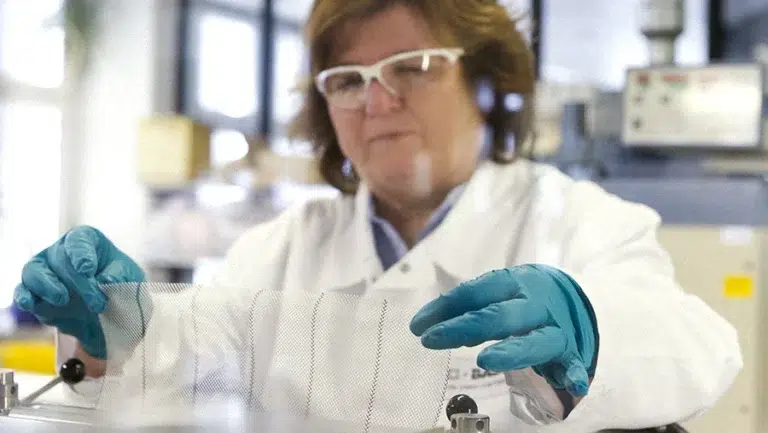
8 October 2019
Cost of next generation mosquito nets almost halved
The price of new BASF Interceptor® G2 mosquito nets will be reduced by 40% for underserved communities thanks to a…
